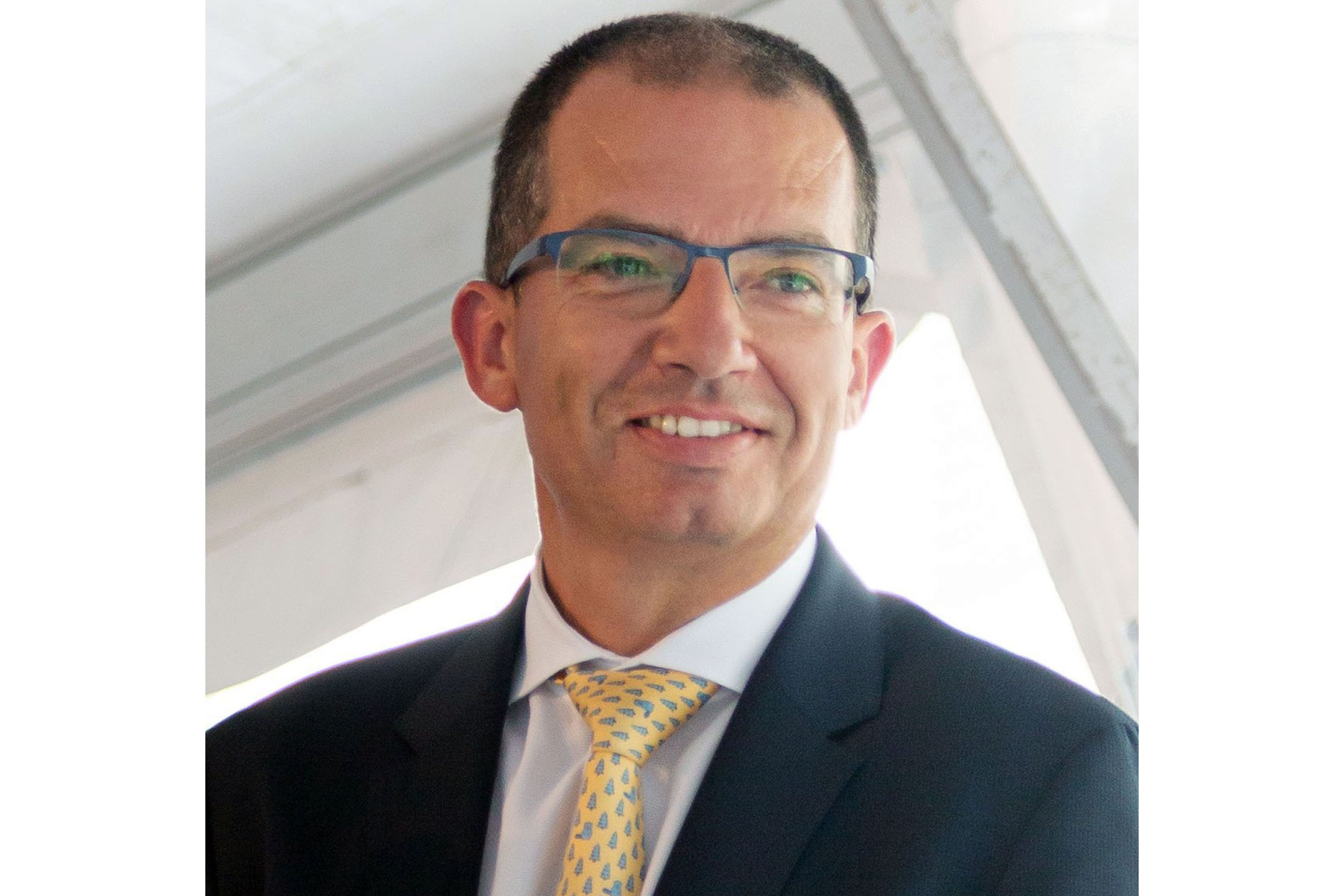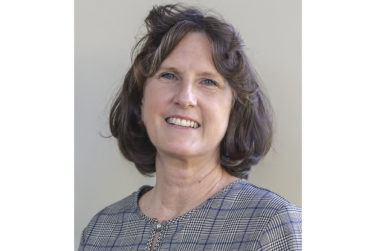Stéphane Bancel
CEO
Moderna
What if you could inject a piece of biological code into a person that could turn them into their own drug factory by telling the body to produce the necessary proteins to fight a specific disease? This would be completely different from small molecule medicines, which are typical in the pharma industry. It would be nothing like recombinant proteins or monoclonal antibodies, the drugs developed in the biotech industry. It could potentially increase the probability that your treatment works and actually launches, expedite the process for developing new medicines, and allow you to create hundreds of different drugs by simply rearranging the code. It could completely change medicine forever.
That is the promise of messenger ribonucleic acid, or mRNA, technology. And it was that promise that convinced Stéphane Bancel to leave his position as CEO of the French diagnostics company bioMérieux, which at the time employed more than 6,000 people with a presence in over 40 countries, to become employee #2 at what would become known as Moderna.
“I used to tell people that Moderna is not going to be a one-drug company,” Stéphane says. “It will either be zero, because we go bankrupt before we can make the science safely work in humans, or it will be a very big company that will change the world forever. It was nothing in between.”
Well, so far, even with just one authorized product, Moderna is already making a gigantic impact on the world. It was the second company to receive an emergency use authorization (EUA) from the FDA for a vaccine to prevent COVID-19—theirs with an efficacy of 94%. As of April 2021, the company has delivered approximately 132 million doses globally with plans to deliver a base of 800 million by the end of 2021 with the potential to reach one billion doses. Helping to steer the world out of a pandemic that has plagued us for over a year is already an admirable accomplishment, but Stéphane has even bigger plans for the company.
The Path to Success
But first, let’s start at the beginning. For Stéphane, his career in the life sciences began in a sales position at Eli Lilly in July 2000, but he eventually rose up to become managing director of the company’s operations in Belgium. Then in 2007, at just 34-years-old, he became CEO of bioMérieux. Despite the economic recession at the time, he helped to nearly double the company’s market capitalization.
“We complemented internal R&D by buying 10 companies that had very innovative, disruptive products and then refocused on the customer,” Stéphane explains. “Sometimes that meant making a new piece of software so the machine for diagnostics works better or to add in alarms that can alert a nurse on duty in another building at 2:00 am to something that might ultimately save someone’s life. I am always sweating the details, obsessed with the customers, and thinking long-term.”
In March 2011, he joined the board of what would become Moderna, and then was named CEO in October 2011. Just like in his previous role, he obsessed over the details, and identified four risks that could potentially derail the company: technology, biology, execution, and financial—and got to work addressing them.
“One of the ways we minimized technology risk was by not betting on one technology use of mRNA, but six,” Stéphane says. “Then, we focused on where we thought the biology was the least risky—vaccines. We started with the flu vaccine because it had the highest chance of success, and I knew if our first product failed then the world would be convinced that mRNA would never work.”
Even if the path to success was uncertain, plenty of people were willing to buy in. Moderna set records for the largest financing rounds by a private company with $450 million in 2015 and then topped that with another $474 million in 2016. The company also signed a $240 million deal with AstraZeneca—the largest amount a pharma company ever invested in a company without a drug in human trials. And when there weren’t any investment rounds left, Stéphane decided to take the company public in 2018.
A Brighter Future Ahead
In addition to a flu vaccine, the company is also developing vaccines for Zika, HIV, respiratory syncytial virus (RSV), as well as a few others in various stages of development. But, when Stéphane was reading his Wall Street Journal one morning near the end of 2019, he saw a story about a new pneumonia-like disease in Wuhan, China. He sent an email to Dr. Fauci’s team, which had previously been collaborating with Moderna, to see what it was and if they could help.
By January 10th, the sequence of the coronavirus was put online by the Chinese. In just two days, the team at Moderna developed the code for the vaccine using their computer platform, and immediately started producing it for trials. Previously, the fastest a vaccine was developed was the four years it took for the mumps vaccine. Both Pfizer-BioNTech and Moderna developed their COVID-19 vaccines in under a year.
“The speed of development can be attributed to the technology,” Stéphane says. “mRNA is an information molecule, and it’s going to disrupt the industry in a way that very few people have even thought about yet. Plus, I need to give a lot of credit to the U.S. government with Operation Warp Speed because it allowed us to take on incredible business risk by doing everything in parallel to save time. And the last piece is the FDA, which provided a lot of engagement and guidance to the industry.”
So, what are the other ways that mRNA can disrupt the industry? Stéphane says Moderna is working on things that could come straight out of science fiction, including a treatment that would be injected into a heart following a heart attack to grow brand-new blood vessels in your own body. They are working on treatments for rare genetic diseases like cystic fibrosis in which mRNA can help child patients produce the right protein to allow them to breathe normally. They are developing a cancer vaccine that could work for any non-blood cancer by producing the cell to help the immune system stop cancer. Of course, they are also continuing their work on the COVID-19 vaccine, by developing a booster to fight the emerging variants.
“My focus is on maximizing the impact of this technology on humans,” Stéphane says. “Could we have 50 drugs in five years? It’s possible, but ultimately, I think this technology is going to be able to stop a lot of suffering. That is the only thing that is driving me.”







